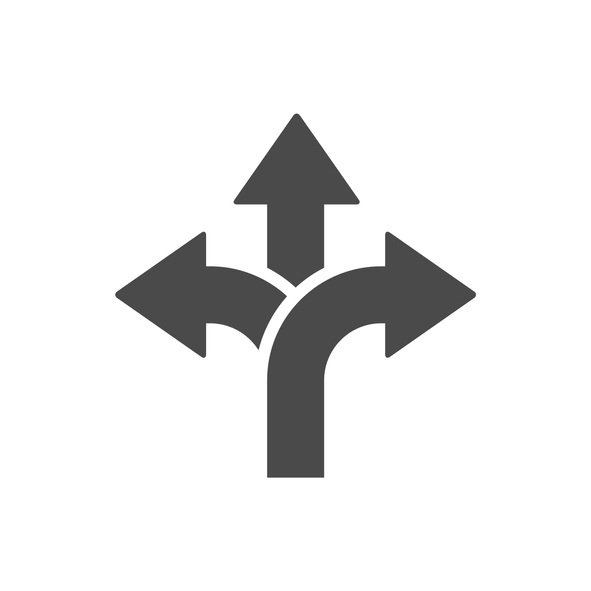Boiler, Heat Pump, Furnace: What Does Each Do & Which Do You Need?

On one level, heat is heat. You know when you have it and you sure notice when you don’t!
But when it comes time to replace your existing system, suddenly it seems as if there is a world of new terminology to master first.
Perhaps you inherited your current heating system along with your home when you moved in. Maybe you have space heaters, radiant heat, a central furnace, a heating boiler or a heat pump.
If your system is old or you’re not pleased with the overall performance or the cost to run your current heating system, you may wonder if a change could do your body (and budget) some good.
In this article, to help you choose, we take a closer look at the most popular types of heating appliances today and explain what each system does.
What Is a Heater?
The word “heater” is a catch-all term.
It could mean anything from a wood fireplace to a geothermal heat pump, although in most cases, "heater" is used interchangeably with two heat sources: a furnace or a space heater.
What Is a Furnace?
The modern furnace began its evolution as a simple enclosed oven. Today’s furnace has evolved to run using a variety of fuel sources, including electricity, gas, oil and propane or a combination thereof.
The gas furnace is the most popular for residential and commercial use today. Natural gas is a cleaner-burning fuel and tends to be a more economical fuel choice overall.
Some newer high-efficiency furnace models can take both propane and natural gas, giving you options as fuel prices fluctuate.
There are two types of furnace systems: central (ducted) and ductless.
What Is a Heating Boiler?
As the name implies, a heating boiler boils water to generate heat. By transforming water into steam, the boiler's heat energy becomes easy to transport.
The most common way that steam is transported is through pipes or ducts.
One of the most popular aspects of heating boilers is that they pull double duty: heating your home and your hot water too. They are also efficient in that any unused steam is sent back to the starting line to be reused.
What Is a Radiant Heater?
Radiant heat uses the same principles as the sun. When you stand in a sunbeam, you instantly warm up.
Radiant heaters use the same electromagnetic, infrared waves to heat whatever those waves encounter. In other words, they heat you and not the surrounding air.
There are two main types of radiant heaters: boiler-based and electricity-based. If you have (or choose to switch to) a heating boiler, the type of heat generated is radiant. Electric radiant heaters use electricity as power to generate the same basic type of heat waves.
What Is a Heat Pump?
A heat pump works by pumping heat into or out of your home depending on the season.
In the winter, a heat pump will gather the extra heat energy in the incoming air and use it to pre-heat your home, lowering your heating bills.
In the summer, a heat pump will gather the extra heat energy in your indoor air and move it outside to reduce the burden on your air conditioner in cooling down incoming air. Again, you benefit, with lower cooling bills.
There are two main types of heat pump: air source and ground source, or geothermal.
Air source heat pumps are more compact, much easier to install and more affordable. Ground source heat pumps are wildly efficient (up to 400 percent in some cases) but are more of an up-front investment and more complex to install.
What Are Ductless Heaters?
In North America, ducted homes are fairly common. But in other parts of the world, homes with central ductwork are actually rather uncommon.
Ductless heating systems have become popular outside of North America for their quiet, compact and highly efficient heat output. The inside component is wall- or ceiling-mounted and connected to the outside component via a thin cable. There can be one or many inside components, depending on the size of the space, which also allows for zoned temperature control.
The most common system is called a “ductless mini-split.” This system provides both cooling and heating.
What Type of Heating System Do You Need?
If you are ready to upgrade your existing heat system or are choosing a heater for new construction, you may wonder which system will serve you best.
This is a great question! It is smart to research potential efficiency gains and energy bill savings before your current system calls it quits. If your current furnace or heating boiler is 15 years or older, replacing it could net you anywhere from five to 15 percent gains in efficiency according to Energy Star.
Choosing the most cost-effective new system requires analyzing how much heater you need to efficiently warm your space. This, in turn, can require a complex set of calculations and is best delegated to an HVAC industry professional.
Get in Touch
Do you need some help thinking through your heating options and choosing the best system for your space? We can help!
Give us a call at 613-967-1066 or visit us online.

